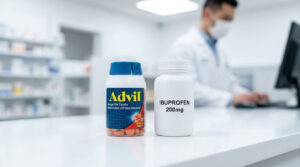Broadly, vitamin are classified as – Fat-soluble and Water-soluble. The fat soluble ones as named are stored in the fatty tissues of our body for months and are majorly absorbed from the gastrointestinal tract. These include vitamin A, D, E and K. On the contrary, the water soluble ones are easily expelled through urinary pH and not accumulated for long. These include the B complex group and vitamin.








